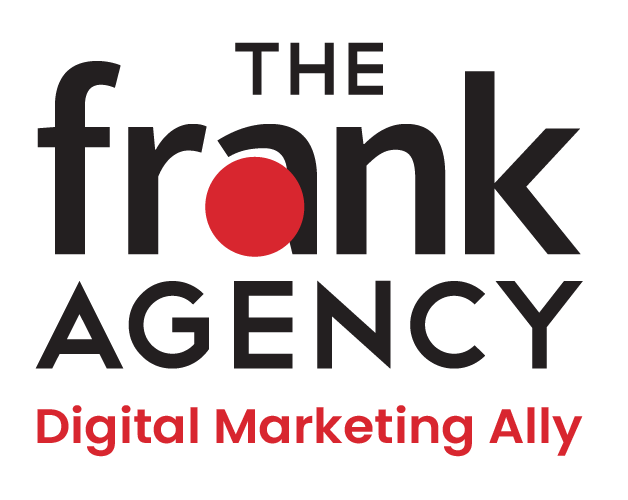How Does PPC Work?
PPC works by allowing advertisers to bid on relevant keywords related to their product or service. When a user searches for those keywords on search engines like Google or Bing, the ads are displayed in the search results or on relevant websites.
Benefits of PPC Advertising:
- Targeted Reach: PPC enables you to reach potential customers who are actively searching for products or services similar to yours.
- Cost Control: You have control over the budget and can set maximum bids, ensuring that you only pay for actual clicks received.
- Immediate Results: Unlike organic search engine optimization, PPC campaigns can generate immediate traffic and results for your website.
- Measurable ROI: Detailed analytics and tracking tools allow you to measure the effectiveness and return on investment (ROI) of your PPC campaigns.
- Flexibility and Customization: PPC campaigns can be tailored to specific geographical locations, target audiences, and timeframes.
Key Strategies for Successful PPC Campaigns:
- Keyword Research: Thoroughly research and select relevant keywords that align with your target audience’s search intent.
- Compelling Ad Copy: Create persuasive ad copy that entices users to click on your ads and visit your website.
- Landing Page Optimization: Ensure that your landing pages are well-designed, user-friendly, and optimized for conversions.
- Bid Management: Continuously monitor and adjust your bidding strategies to maximize the performance of your campaigns.
- Ad Testing and Optimization: Regularly test different ad variations, headlines, and calls-to-action to improve campaign performance.
- Performance Analysis: Use analytics tools to analyze data, measure results, and make data-driven decisions to enhance your campaigns.


